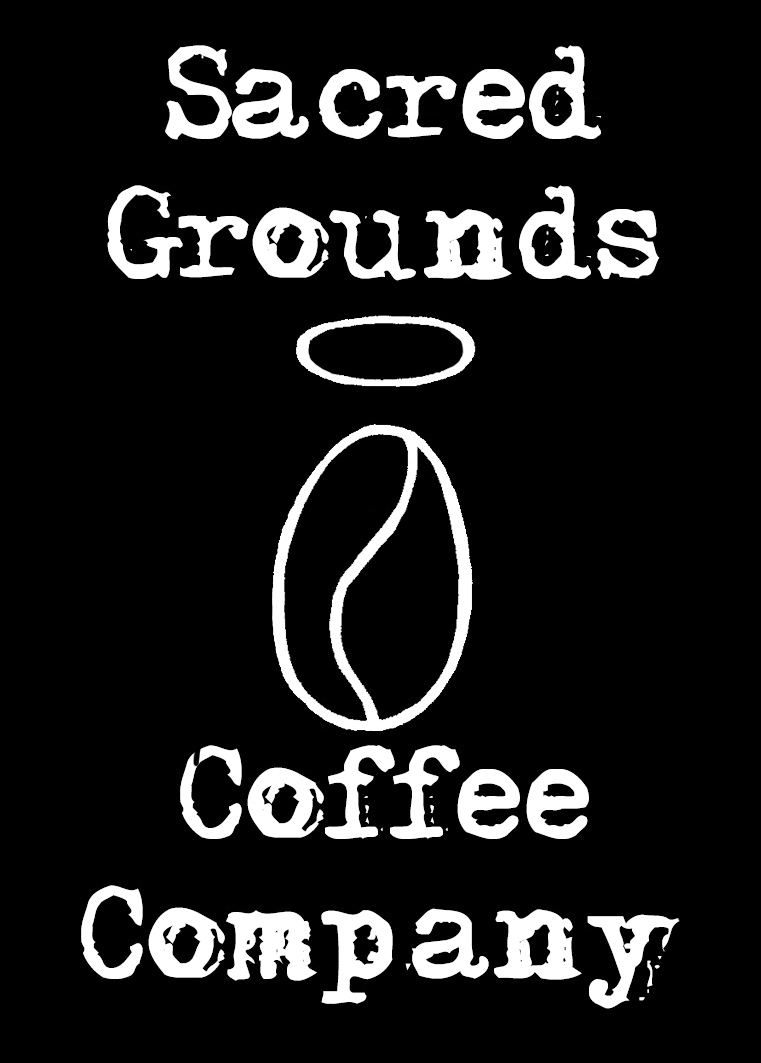
The Huabal district of Peru
The family links and Huabal region of Peru
Brothers Antonio & Juan Mejia Paico are second generation coffee producers with farms in the El Condor sector or Huabal district of Peru. Both the brothers have around 2 hectares of land currently under production: It is planted with caturra, typica and mundo novo varietals of coffee. Antonio has modified the roof of his house to enable him to dry coffee under cover - it dries slower and is protected from the changing weather then. Juan however, still dries coffee on tarpaulin sheets, much like a patio, which his father attends to whilst Juan coordinates the picking and processing at the family farms. Since the coffee from the two brothers are fairly similar, our importer, Falcon Specialty decided to blend them together to create a small lot that perfectly represents the cup profile of the region. This is truly a family affair!
The Huabal region
Huabal is a district within the Jaen province of Cajamarca and is one of our importers strongest areas for members and quality. Huabal has a huge amount of potential for quality coffee, but due to a very poor infrastructure, many of the producers lack resources and knowledge to unlock this. Altitudes in the area range from 1200 to 2100 masl but most of the producers Falcon work with are above 1800 masl. Many producers in Huabal had been regenerating their farms with catimores (coffee varietal), which had been promoted by the government and multinational buyers. In some altitude ranges these have given great results and with good management provide decent cup quality, but, in the higher altitudes they rarely produce much and the quality is poor. Now, with the premiums that they are receiving for quality, more and more producers are re-planting caturra, bourbon and catuai varietals which, with good management and fertilisation, can yield higher and produce much better quality coffee.
Huabal is made up of various villages which are centres of coffee production and each producer belongs to a village. Since Huabal spans a couple of mountains, the climate conditions and soils can vary considerably, with some areas having wet, humid conditions and red African-like soils and others dry and hot. This all contributes to diverse and delicious cup profiles and some very complex coffees.
Falcon & their work in Peru: Why it is valuable and important to care

Falcon at work in Huabal district in Peru
Falcon have been working in northern Peru for several years buying specialty coffee from cooperatives and associations with whom they have built lasting relationships. Whilst a lot of the arrival quality they have seen in previous seasons has been good, they have struggled to impact upon quality or make improvements in the supply chain as they would like to have done. More importantly, the premiums they had been paying for quality rarely made it directly back to the producers - they had very little control over this.
In Peru, like some other origins, the coffee farmers are sensitive to market changes and often lack basic training and incentive to produce higher quality coffee: premiums often don't materialise. For these reasons, Falcon decided they needed to change the way they worked in Peru and to start working directly with producers. This allowed them control and to improve existing quality and have full financial tractability. Ensuring these two factors meant they could pay higher prices for the coffee and make sure the producers received a fair price for the coffee they produced, based on market value.
How did they do this is the question. They set up a warehouse in Jaen and started to buy in parchment directly from producers. The Cajamarca region holds a lot of potential for quality coffee, with ideal growing conditions and great varieties, but quality is often lost in picking, processing and drying with farmers lacking infrastructure and knowledge. The most vulnerable producers are those that are unassociated, that is, those not a member of a cooperative, association or organisations ; they represent 75% of producers in Northern Peru. These producers don't have access to training sessions or premiums for quality or certifications and their income is totally dependent on the market price. Often local aggregators, namely a buyer who lives in the same area, will come to the farm or house of a producer and buy their coffee for cash before selling it on, in some cases directly to an exporter or more often to other traders and middlemen. This results in the producer being paid very little for their coffee and a lot of quality coffee is lost. Falcon's shift in approach to sourcing will allow them to forge long term relationships directly with farmers, improve the coffee quality they can offer from these areas and increase producer household income through access to quality premium. The change in attitude is working and Falcon now have over 438 registered farms across the San Ignacio and Jaen provinces.
Information and images supplied by Falcon Specialty
